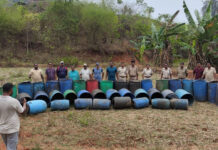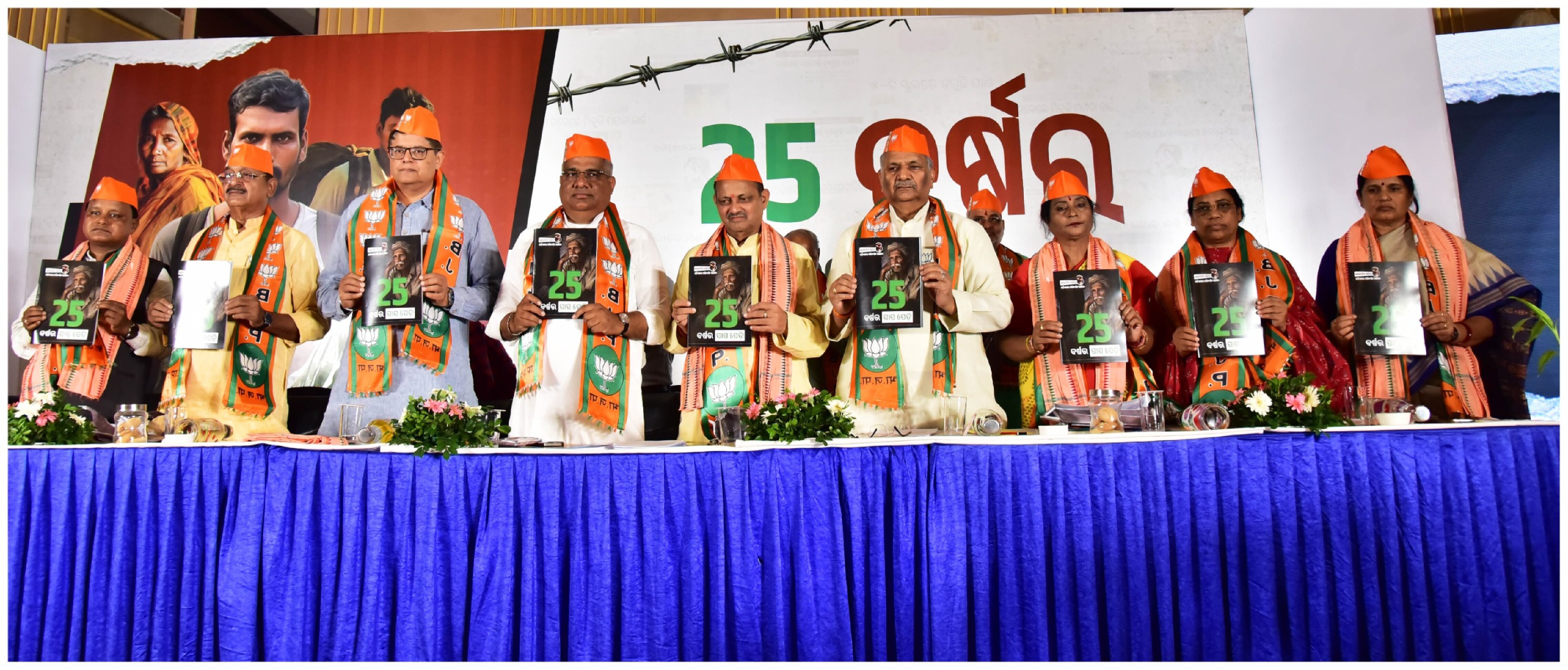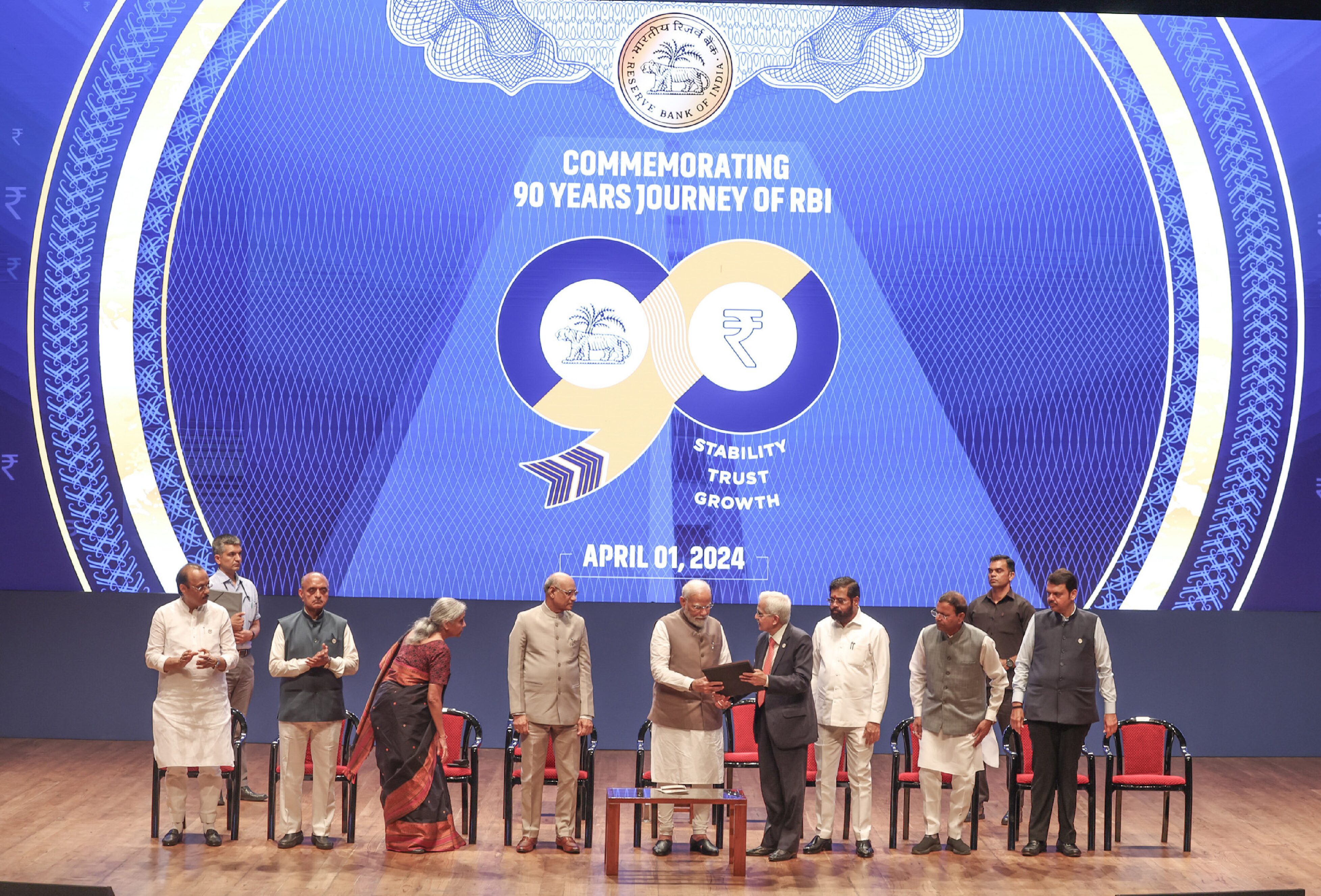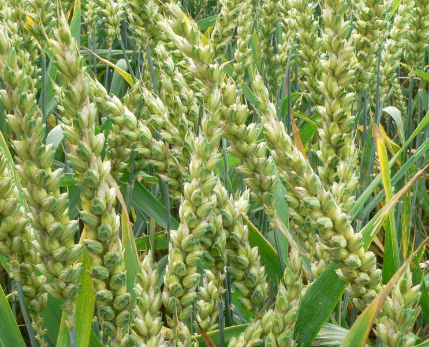Government announces Minimum Support Prices (MSPs) for 22 mandated crops and fair and remunerative price (FRP) for sugarcane on the basis of recommendations of the Commission for Agricultural Costs & Prices (CACP), after considering the views of State Governments and Central Ministries/Departments concerned and other relevant factors.
Government had increased MSPs for all mandated crops with a return of at least 50 percent over all India weighted average cost of production for the season 2018-19. MSP for kharif crops for 2019-20 season is to be announced shortly.
The NITI Aayog has conducted a study entitled “Efficacy of minimum support prices on farmers”. The study covered 14 States, 36 Districts, 72 Blocks, 144 Villages and 1440 Households. The study is based on both the primary and secondary data. The study reference period was from the year 2007-08 to 2010-11. The study has found that MSP declared by the Government has encouraged 78 % of the farmers covered under the study for adopting improved methods of farming such as high yielding varieties of seeds, organic manure, chemical fertilizer, pesticides and improved methods of harvesting etc. due to remunerative price.
Ground water levels in various parts of the country including North India are declining because of continuous withdrawal due to increased demand of fresh water for various uses, vagaries of rainfall, increased population, industrialization & urbanization etc.
Government has taken several steps, which among others, include (i) Crop Diversification Programme (CDP) in original green revolution states viz. Punjab, Haryana and Western Uttar Pradesh as a sub scheme of Rashtriya Krishi Vikas Yojana (RKVY) since 2013-14 to divert the area of water guzzling paddy crop to alternate crops like pulses, oilseeds, coarse/nutri-cereals, cotton and agro forestry. The following objectives are expected to be achieved through the implementation of CDP in original green revolution states:
- To demonstrate and promote improved production technologies of alternate crops for diversion of paddy cultivation.
- To restore soil fertility through cultivation of leguminous crops that generate heavy biomass and consume lesser nutrients.
Presently, the programme is being implemented in the districts having more than 50,000 hectare paddy area to give more emphasis to divert paddy area.
Hon’ble Prime Minister has written a letter to all sarpanchs regarding the importance of water conservation and harvesting and exhorted them to adopt all appropriate measures to make water conservation a mass movement.
The National Water Policy (2012) advocates conservation, promotion and protection of water and highlights the need for augmenting the availability of water through rain water harvesting, direct use of rainfall and other management measures. The Policy has been forwarded to all States/UTs concerned as well as Ministries/Departments of Central Government for adoption.
The Government has circulated a Model Bill to all the States/UTs to enable them to enact suitable ground water legislation for regulation of its development, which includes provision of rain water harvesting. So far, 15 States/UTs have adopted and implemented the ground water legislation on the lines of Model Bill.
Central Ground Water Authority (CGWA) has been constituted under Section 3 (3) of the “Environment (Protection) Act, 1986” for the purpose of regulation and control of ground water development and management in the Country. A nationwide programme of “National Aquifer Mapping and Management (NAQUIM)” for mapping of aquifers (Water bearing formations), their characterization and development of aquifer management plans to facilitate sustainable development of ground water resources has been rolled out.
Implementing of innovative schemes for Aquifer Rejuvenation under ‘Ground Water Management and Regulation’ scheme in select overexploited blocks of the Aspirational districts on pilot basis. Further, a joint Action Plan has been prepared with the Ministry of Rural development for effective implementation of water conservation and artificial recharge structures in convergence with MGNREGS.Artificial Recharge and Rain Water Harvesting are being implemented under various Schemes of Government i.e. Pradhan Mantri Krishi Sinchayee Yojana (PMKSY), Mahatma Gandhi National Rural Employment Guarantee Scheme (MGNREGS), Integrated Watershed Management Programme (IWMP) and Command Area Development & Water Management (CAD&WM) Programme etc.
This Information was given by the Union Minister for Agriculture & Farmers Welfare Shri Narendra Singh Tomar in Rajya Sabha







































